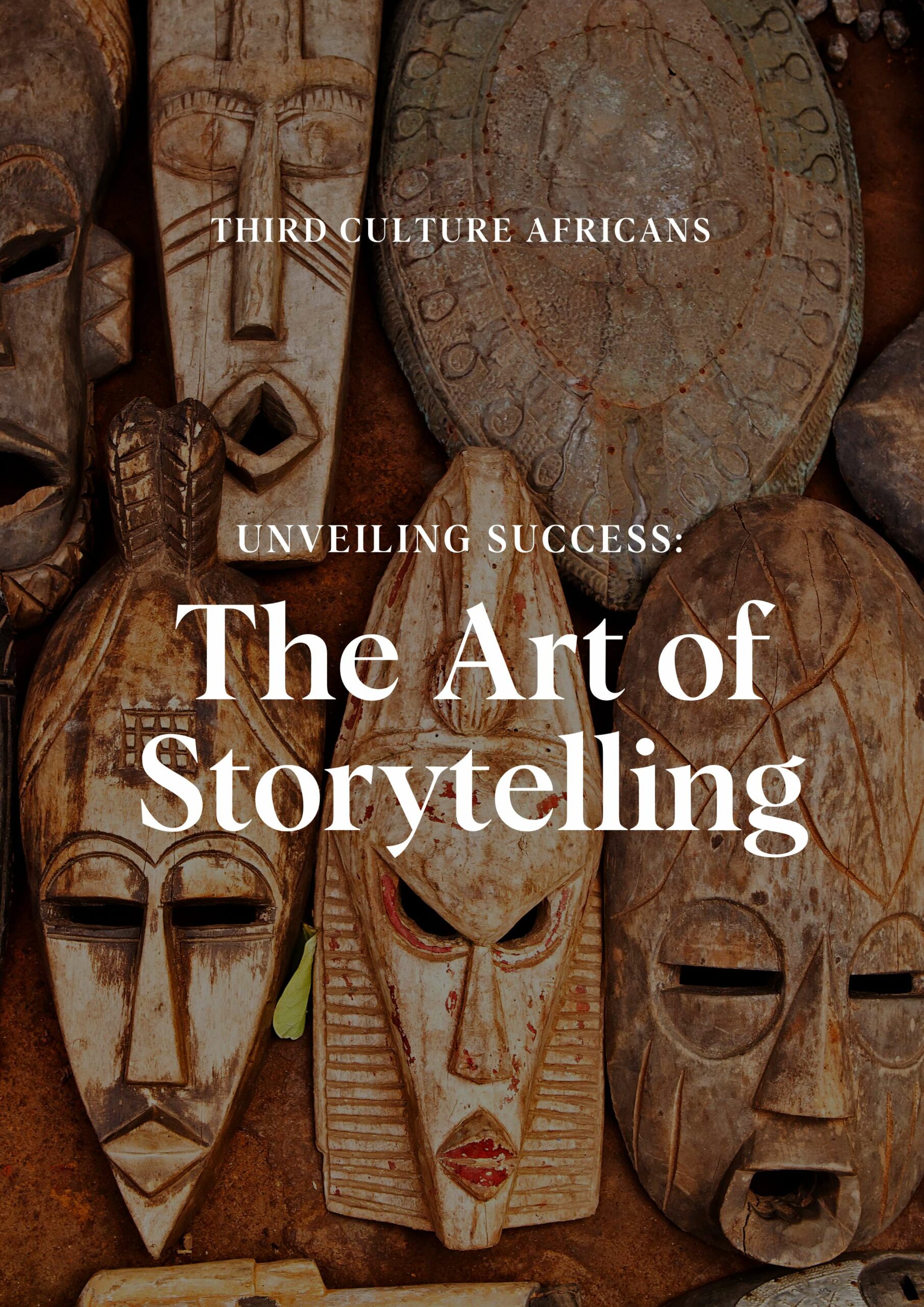Supernatural experiences have long captivated human imagination, intertwining cultural narratives with personal beliefs and psychological phenomena.
From ghostly encounters to mystical visions, these experiences often defy logical explanation, prompting individuals and scholars alike to explore their significance and implications. This comprehensive overview seeks to illuminate the multifaceted nature of supernatural experiences, examining them through various lenses including psychology, sociology, and anthropology.
By analyzing historical accounts, contemporary reports, and scientific research, the article aims to provide a nuanced understanding of how such phenomena manifest in different contexts and what they reveal about the human psyche. Furthermore, it will delve into the distinctions between genuine experiences and those potentially influenced by cognitive biases or societal expectations.
By synthesizing diverse perspectives, the article endeavors to foster a deeper appreciation of the complexities surrounding supernatural phenomena, encouraging a balanced discourse that respects personal narratives while remaining grounded in empirical inquiry.
As society continues to grapple with the intersection of the natural and the supernatural, a thorough understanding of these experiences becomes increasingly pertinent, offering insights into belief systems, cultural practices, and the enduring mystery of human existence.
Defining supernatural experiences in context.
Supernatural experiences often manifest in various forms, influenced heavily by cultural, historical, and personal contexts.
For instance, individuals may interpret encounters with the unexplained—such as visions, hauntings, or communications with spirits—through the lens of their belief systems, which can vary widely depending on religious, spiritual, or psychological backgrounds.
In some cultures, these experiences may be revered as sacred and instructive, while in others, they might be dismissed or pathologized. Thus, the significance attributed to supernatural occurrences is not monolithic but rather shaped by the interplay of societal norms, individual perceptions, and prevailing worldviews.
Moreover, the context surrounding supernatural experiences can often determine how individuals respond to them. In communities where such phenomena are common, people may view these experiences as integral to their social identity and shared narrative.
Conversely, in more skeptical or secular environments, individuals may struggle to integrate these experiences into their understanding of reality, leading to feelings of isolation or confusion.
This complex interplay between context and individual experience highlights the importance of examining supernatural phenomena not merely as isolated events but as deeply embedded within the broader tapestry of human culture and experience.
Scientific inquiry into supernatural phenomena often highlights the limitations of empirical evidence when addressing claims that fall outside the realm of naturalistic explanations.
Common types of supernatural encounters explained.
One prevalent type of supernatural encounter is the experience of hauntings, where individuals report sensing the presence of a spirit or ghost in a specific location, often accompanied by strange sounds or unexplained movements.
These encounters can evoke a range of emotions, from fear and anxiety to curiosity and empathy, depending on the perceived nature of the spirit. In many cases, these experiences are linked to places with a significant history, prompting individuals to seek explanations that may involve local folklore or historical events.
Such encounters often lead to investigations by paranormal enthusiasts who attempt to capture evidence of the unexplained, thereby adding to the narrative and communal understanding of the location’s haunted reputation.
Another common phenomenon is the experience of paranormal communication, where individuals claim to receive messages from deceased loved ones or other entities.
This can manifest through dreams, signs, or even through mediums who facilitate communication beyond the physical realm. The impact of these encounters can be profound, as they often provide comfort or closure to those grieving.
Such experiences are frequently interpreted within the framework of deeply held beliefs about the afterlife or spiritual connectivity, reinforcing the notion that death may not signify an end but rather a transition to a different state of existence.
The interpretations of these experiences are influenced by individual backgrounds and the cultural narratives surrounding death, making them deeply personal yet universally resonant.
Psychological interpretations of supernatural phenomena.
Psychological interpretations of supernatural phenomena often suggest that these experiences arise from cognitive processes and emotional states rather than objective realities. Cognitive dissonance, for example, may lead individuals to interpret ambiguous stimuli as supernatural, especially in times of grief or stress.
The brain’s tendency to seek patterns and assign meaning can result in the perception of messages from beyond, particularly among those who are mourning or facing significant life transitions. The psychological concept of pareidolia, the predisposition to perceive familiar patterns in random stimuli, also plays a role, as individuals may interpret shadows or sounds as evidence of ghostly presence.
Additionally, psychological frameworks emphasize the influence of social and cultural contexts in shaping the interpretation of supernatural experiences.
Beliefs about the supernatural can be reinforced through social interactions, leading individuals to conform to group norms regarding what constitutes a paranormal event. Factors such as suggestion, expectation, and a desire for connection can all contribute to the vividness of these encounters.
This perspective posits that while the phenomena may feel real to the experiencer, they are often reflections of individual psychological needs and societal influences, rather than definitive encounters with the supernatural.
Check out this podcast!
Cultural beliefs influencing supernatural experiences.
Cultural beliefs significantly shape how individuals interpret and engage with supernatural experiences. In many societies, narratives surrounding spirits, ancestors, and otherworldly beings are deeply embedded in folklore and tradition.
These narratives instill a framework through which people understand mysterious occurrences, often attributing them to divine intervention or spiritual messages. For instance, in cultures where ancestor worship is prevalent, individuals may interpret unexplainable events as signs or communications from deceased relatives, reinforcing the idea that the living and the dead are interlinked.
This cultural context not only provides a lens for individual experiences but also fosters communal bonds, as shared beliefs create a collective understanding of the supernatural.
Moreover, the intersection of religion and cultural identity plays a crucial role in defining supernatural experiences. In many religious traditions, specific rituals and practices are designed to engage with the supernatural realm, such as prayer, meditation, or offerings.
These practices can amplify the intensity of experiences, making them seem more profound or validating to those who partake in them. As individuals navigate their own experiences within these cultural frameworks, they may find solace and validation through shared beliefs, thus perpetuating the cycle of understanding and interpreting the supernatural within their community.
In this way, cultural beliefs not only influence individual perceptions but also serve as a foundational element for the collective narrative surrounding supernatural experiences.

Check out this episode!
Scientific perspectives on the supernatural.
Scientific inquiry into supernatural phenomena often highlights the limitations of empirical evidence when addressing claims that fall outside the realm of naturalistic explanations.
Researchers in fields such as psychology and neuroscience examine how belief in the supernatural can be influenced by cognitive processes, emotional states, and social dynamics.
Studies have shown that experiences deemed supernatural, such as apparitions or mystical encounters, can often be explained by psychological factors like pareidolia, where the mind perceives familiar patterns in random stimuli, or by the effects of sleep paralysis, which can induce vivid hallucinations.
These scientific perspectives do not diminish the personal significance of such experiences; rather, they offer alternative interpretations that emphasize the role of the human mind in constructing reality.
Furthermore, the scientific community often approaches supernatural claims with skepticism, advocating for rigorous standards of evidence. This skepticism stems from the need to differentiate between subjective experiences and verifiable facts, acknowledging that while individuals may report profound experiences, these reports do not necessarily imply objective reality.
This distinction is crucial in promoting a disciplined understanding of human experiences, encouraging exploration through controlled studies and critical analysis.
Consequently, while supernatural beliefs can be deeply meaningful to individuals and communities, they often prompt inquiry that seeks to uncover underlying psychological and sociological mechanisms, ultimately aiming to bridge the gap between subjective phenomena and empirical understanding.
In conclusion, understanding supernatural experiences requires a multifaceted approach that encompasses psychology, cultural perspectives, and historical contexts. As explored throughout the blog post, these phenomena can evoke a range of responses, from fear to fascination, and are often deeply intertwined with personal beliefs and societal norms.
By examining the various interpretations and explanations behind such experiences, individuals can gain a deeper appreciation for the complexities of human perception and the mysteries that continue to intrigue humanity.
Ultimately, this comprehensive overview highlights the importance of open-mindedness and critical thinking when navigating the rich tapestry of supernatural encounters.


